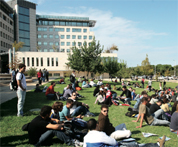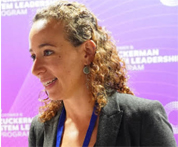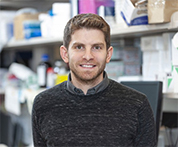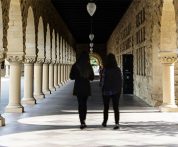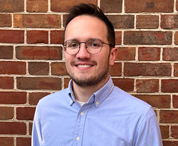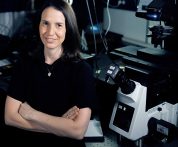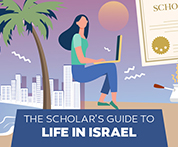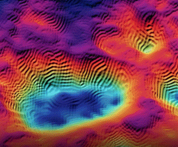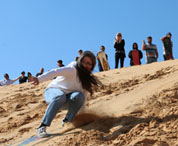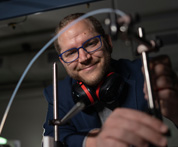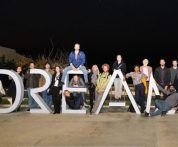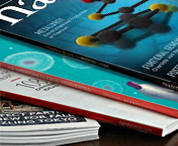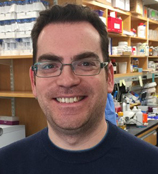In his lab in the Faculty of Life Sciences at Bar-Ilan University, Dr. Lior Lobel investigates the molecular mechanism by which dietary components interact with gut microbes to regulate host physiology, a top priority for colon-related diseases such as inflammatory bowel disease and colorectal cancer. Dr. Lobel and his researchers are at the forefront of microbiome science, hoping to discover novel mechanisms of diet-microbe-host interactions that could be harnessed for human diagnostics and therapeutics.
Lior Lobel earned his PhD in the Argentina Honors Program for Outstanding Students in the Direct PhD Track at Tel Aviv University. His doctoral research, in the Department of Biochemistry & Molecular Biology, focused on host-microbe interactions, a topic he continues to pursue. For his PhD thesis, Lior discovered new metabolic cues that alert the model pathogen, Listeria monocytogenes, of its invasion into a host and induce the expression of virulence genes. As part of his research, he traveled to Tufts University in Boston, learning several techniques that he successfully implemented at the TAU lab. The visit initiated full collaboration between the two labs and led to a joint paper and National Institutes of Health grant.
Dr. Lobel’s postdoctoral research, at the T.H. Chan School of Public Health at Harvard, examined how diet regulates gut microbial activity, affects host physiology, and shapes immunity. Dr. Lobel discovered a novel host-microbe interaction at a posttranslational level, induced by diet, that affects kidney function and can contribute to chronic kidney disease. Another aspect of his research there, supported by a Cancer Research Institute (CRI) postdoctoral fellowship, looking into effect of diet-microbe interactions leading to enhance anti-tumor immunity, could eventually be used to enhance immunotherapy in cancer patients.
Dr. Lobel served as a regional manager for ScienceAbroad, an organization that supports Israeli scientists outside of Israel. There he was introduced to Zuckerman representatives, and he is pleased to continue to be part of strengthening the academic link between Israel and the US.
 ISRAELI COUNCIL FOR HIGHER EDUCATION
ISRAELI COUNCIL FOR HIGHER EDUCATION MIT-Israel Zuckerman STEM Fund for Faculty Collaboration
MIT-Israel Zuckerman STEM Fund for Faculty Collaboration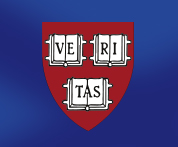 The Zuckerman Travel and Research STEM Fund at Harvard
The Zuckerman Travel and Research STEM Fund at Harvard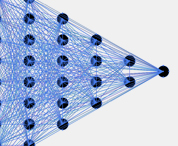 Zuckerman AI Fund at Technion
Zuckerman AI Fund at Technion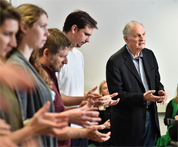 Alan Alda Communicating Science
Alan Alda Communicating Science Zuckerman Institute – ScienceAbroad
Zuckerman Institute – ScienceAbroad Zuckerman Institute – America-Israel Friendship League partnership
Zuckerman Institute – America-Israel Friendship League partnership



